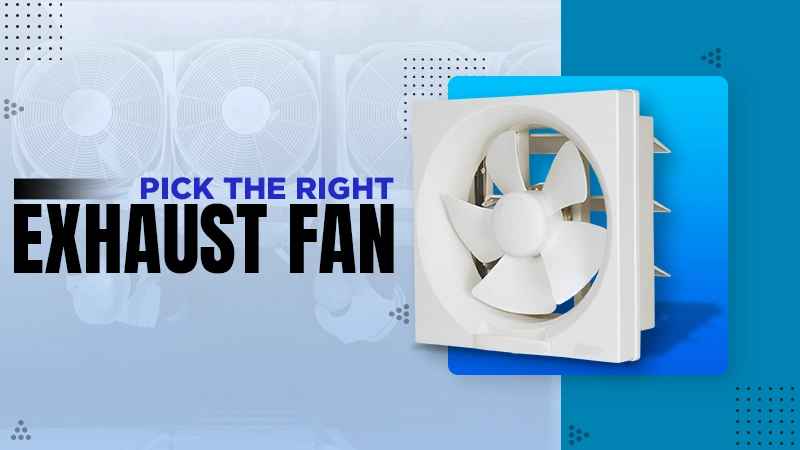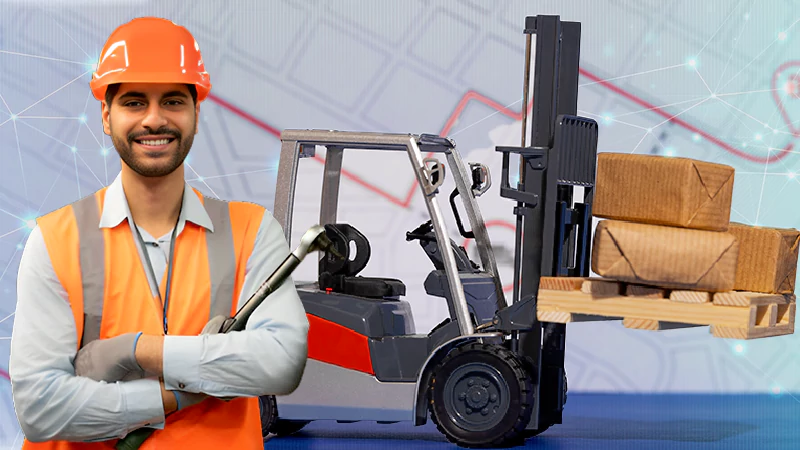Why is it Called Self-Storage?
You may have heard a colleague, friend, or a family member talking about self-storage but are still quite uncertain what the term implies. And while you might have rented and used a self-storage facility before, you might have considered it less of a concern to understand what the term means. Several agents offer various types of SecureSpace storage units.
This term is familiar to those who’ve rented a self-storage facility before, whether for long-term or short-term use. However, there is a significant reason why it’s referred to as self-storage. In this article, we explore these reasons in depth.
Self-Storage and its Popularity
While its popularly known today as self-storage, the term dates back to 1950s America. In 1958, the Collum family (living in Fort Lauderdale, Florida) introduced the first storage facility that gave tenants exclusive right of access. Surprisingly, by the 1960s, the idea had spread widely across America. That’s when Russel Williams (from Texas) invented the ‘A1 U-Store It’ facility to help upcoming businesses with their storage requirements. At first, Russel used his storage facility entirely as a safe-keeping device for his fishing equipment. But eventually, he began leasing it out to individuals to store items that they occasionally used. For this purpose, Russel William purchased multiple apartments and rented them out as storage facilities. Today, the storage idea has advanced but still operates under self-storage terms.
Self-Storage Stands for “Self-Service Storage”
Self-storage is a shorthand for “self-service storage.” It’s also another term for “device storage.” The term “Self-Service Storage” implies that you are responsible for the safe-keeping of your products or other valuables. Once the company rents you their storage facilities, you have the duty of carrying your valuables into the storage facility for safe-keeping. This element gives birth to the term “self-service storage” and the shortened version— “self-storage.”
The Real Implication of Self-Storage
Self-storage is an industry that rents storage space (storage units) to tenants on a short-term basis. The storage space includes but is not limited to containers, rooms, lockers, or outdoor space. You can use the storage unit for your personal or business storage needs if you are a tenant. If you rent them for personal use, you are entitled to storing household goods. But when you rent storage space for business operations, you are limited to keeping archives records and excess inventory. The company will then grant you exclusive access to the storage facility once you are a tenant. Perks include bathroom storage and other things.
Most experts popularly relate self-storage facilities to the ‘4Ds of life’ (Downsizing, Divorce, Death, and Dislocation). For example, when relocating to another area (dislocation), you can use a storage space to store personal items until you’re ready to move them to your new locale. On a similar occasion, you can use self-storage (in your subsequent marriage) to store duplicate items (if any).
The hard part is hauling your valuables to and from the storage facility—this is entirely your responsibility. Hence the term “self-service storage.” If your luggage is bulky and you need help hauling it, it is often wise to hire a moving company.
Items you can Keep in Your Storage Space.
Self-storage units for customers are pretty diverse. People rent storage units for business or individual needs. You can’t rent storage space when doing either of the following:
Home Renovations
Home renovation moments are often hectic and stressful. That’s why most people find a way to rent an external storage space for a while.
Decluttering
Your home space might gradually decrease, minimizing your functioning space. Or might be looking to adopt a more minimalist lifestyle. In either of the situations, you can turn to a self-storage space.
Off-site Storage Facilities for Businesses
Self-storage is handy for businesses looking to store their inventory and archives off-site.
Moving House
If you find yourself in a moving house situation, self-storage units can offer flexibility and safety for your items; This gets even better when you’re downsizing, limiting the total space you are used to storing multiple items.
Residence Living in Inner Cities
If you’re residing in an inner-city, you are likely to suffer a shortage of storage space in your apartment. That’s why many people living in inner cities turn to self-storage to keep their most valuable belongings; it can comprise a car you only use during vacations, a boat that you rarely use, or your children’s bicycles.
House Selling
It is often essential to declutter your home before selling. Decluttering your home is a crucial step to restyling, staging, inspecting, and often boosting your home value.
Follow Us
Latest Post
















